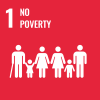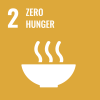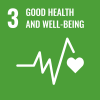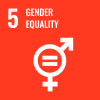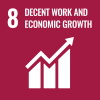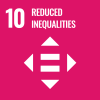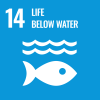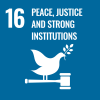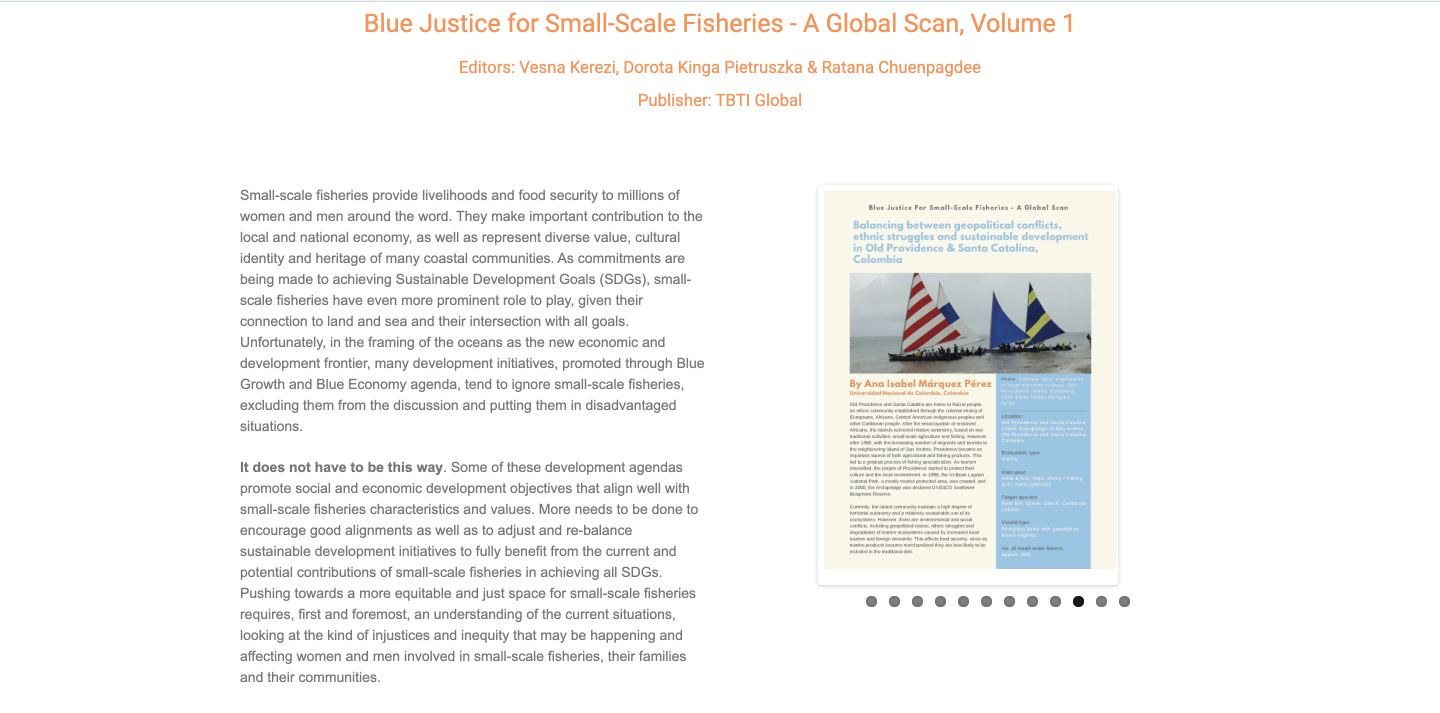
"Small-scale fisheries provide livelihoods and food security to millions of women and men around the word. They make important contribution to the local and national economy, as well as represent diverse value, cultural identity and heritage of many coastal communities. As commitments are being made to achieving Sustainable Development Goals (SDGs), small-scale fisheries have even more prominent role to play, given their connection to land and sea and their intersection with all goals. Unfortunately, in the framing of the oceans as the new economic and development frontier, many development initiatives, promoted through Blue Growth and Blue Economy agenda, tend to ignore small-scale fisheries, excluding them from the discussion and putting them in disadvantaged situations.
It does not have to be this way. Some of these development agendas promote social and economic development objectives that align well with small-scale fisheries characteristics and values. More needs to be done to encourage good alignments as well as to adjust and re-balance sustainable development initiatives to fully benefit from the current and potential contributions of small-scale fisheries in achieving all SDGs. Pushing towards a more equitable and just space for small-scale fisheries requires, first and foremost, an understanding of the current situations, looking at the kind of injustices and inequity that may be happening and affecting women and men involved in small-scale fisheries, their families and their communities.
With this in mind, TBTI has gathered stories and examples of policies, programs, projects, initiatives, regulatory frameworks, as well as other situations that create different types of injustice and inequity in small-scale fisheries. This first release of the ‘Blue Justice for Small-Scale Fisheries – A Global Scan’ e-book contains 18 stories from 14 countries."

